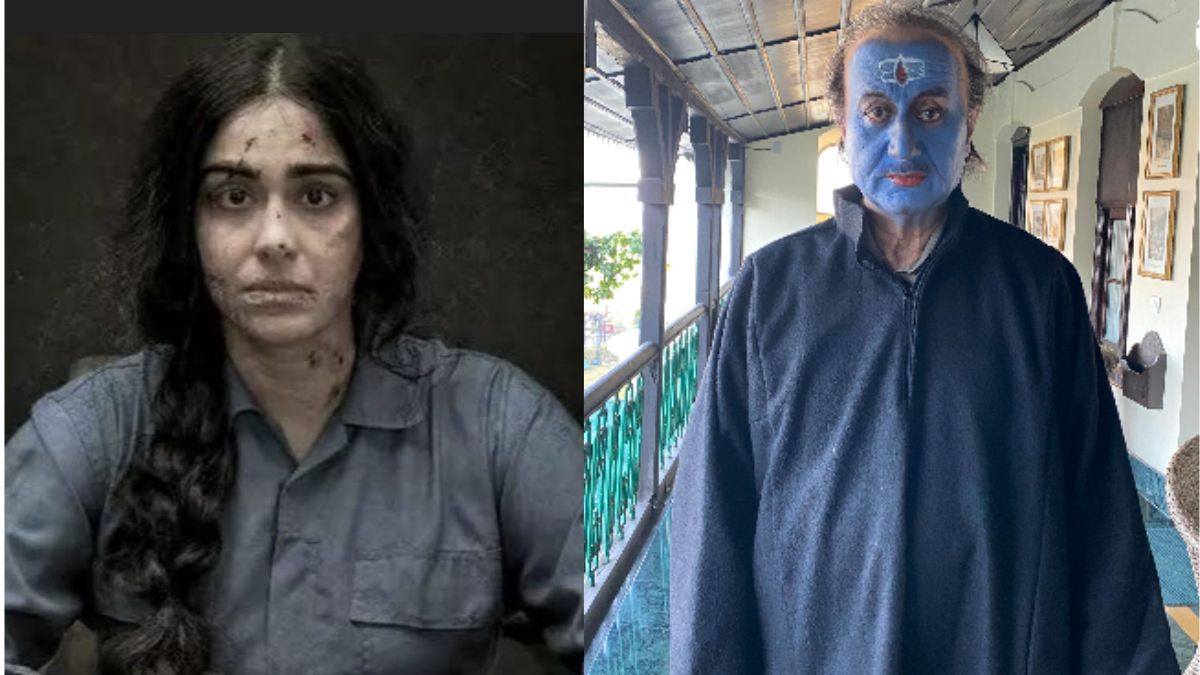- By Piyali Bhadra
- Sun, 28 May 2023 09:58 PM (IST)
- Source:JND
These days the 'Story' and 'Files' genres of films are standing to be the talk of the town. With the success of Vivek Agnihotri's 'The Kashmir Files', Vipul Shah's 'The Kerala Story' is creating tons of buzz in the market, where Bollywood is churning history to bring out the untold truths of such Indian provinces.
Films do occupy a major portion of the media products which are consumed by people. In India, cinema is considered a means of individual or social transformation and has contributed to the formation of the society after the independence era building topical social issues. However, at the same time, the effectiveness of such stories leaves an impact on society to make people understand the psychological science coming with it for many.
For years, Cinema has stood out to be one of the most complex yet powerful art forms in the present world where our nation has had a rich tradition of cinema and the impact on the youth has remained to be tremendous.
People do witness cinema for personal reasons, but while watching, the scenes do create a conscious or subconscious impact in one's mind. From emotional to candy-floss romance and political thrillers, the ideas and imaginations of Indian cinema have always remained huge.
The images which are portrayed on screen can at times create tangled waves synced with societal aspirations where the basic urge of humanity is created on the screens. The Indian Cinema has turned itself from being a taboo but the portrayal of some information virtually has created a social havoc in the society.
Films like 'The Kashmir Files' and 'The Kerala Story' are not subtle. In several scenes, one will find the thirst for anger and a certain hatred towards one religion inflicting torture and humiliation. Though Hindus make up four-fifths of India's population, these films present the condition of such states where large groups have turned against one another.
However, one should see it as anything other than just a glorified activity in the presence of stigmatization which would be a wrong portrayal. However, these films are released in India at such perilous times that India's Muslim minority has suddenly taken a rise.
Earlier in the day, romantic or angry man tales served as the main figure of a film carrying a political shadow, however nowadays, crime or political thrillers are taking an attempt at recounting the contemporary political history of the nation and terming it under the genre of 'political thriller.' However, in the process of the creation of the film, it tries to expose the details and the limits of one's political understanding.
But, one thing that has not changed is that these political forays on the Hindi screen are the fact that the political narratives have not come of age to stake their claims and are going from a minor to a larger story over time.
India is hesitating with the rise of the political drama over the years which is surprising as we are a politically conscious people living in a thriving democracy. Thus, one can only guess the reason that people are deliberately shying away from political cinema is because of the governmental control over the industry in visible and invisible forms at times.
Looking at the massive box office collections of the films it cannot be said that the industry is at risk, but yes taking an approach towards creativity can be risky. But, over the years, the country has shunned politics and has invented its unique approach which has certainly created havoc in some parts of the country.
We are aware that there is a much bigger world out there with possible readers with their perspectives on many subjects but the most important of all is to stay conscious of the political dimension of cinema where the facts can at times be misleading too.
But the tale does not end here, the political animal is still searching for its freedom on the turf of the Hindi screen and is hitting hard.

